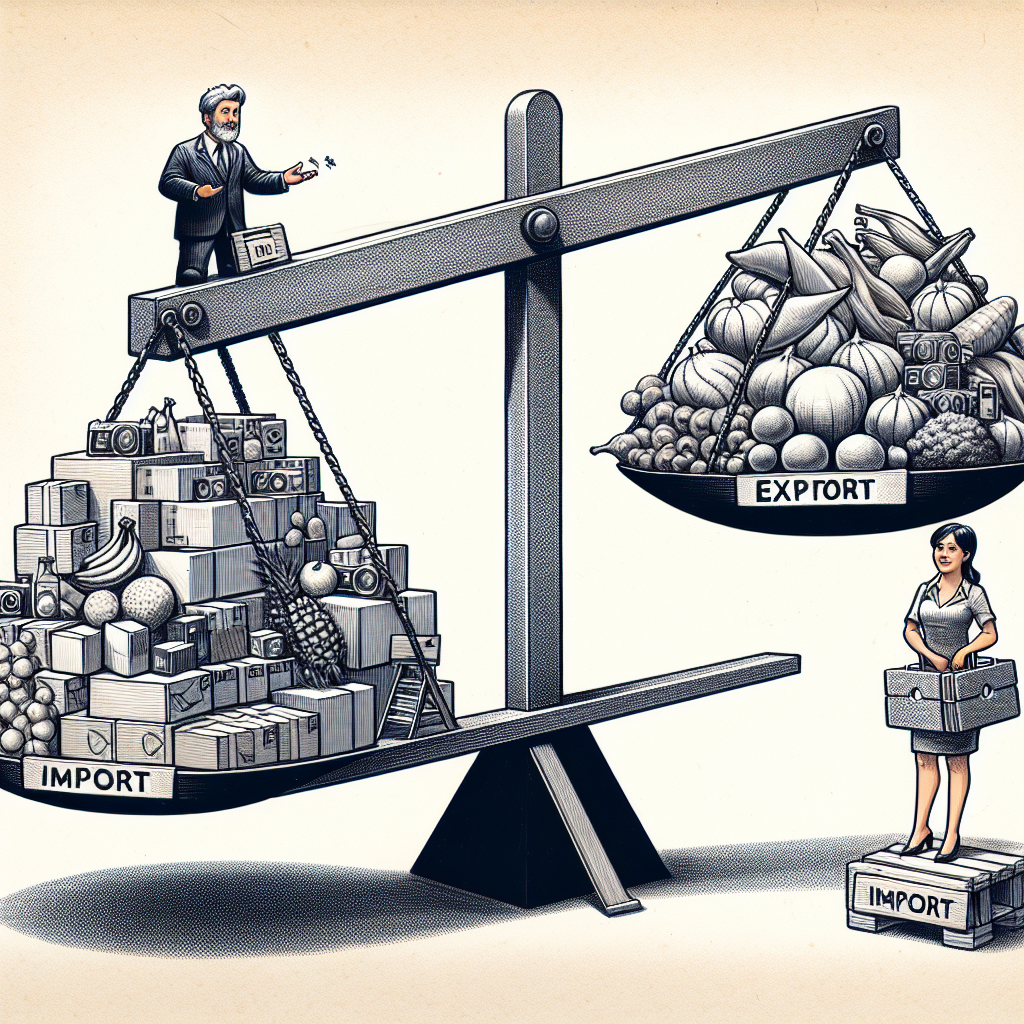U.S. Trade Deficit Surges Amid Tariff Concerns
The U.S. trade deficit expanded significantly in September due to increased imports driven by strong domestic demand and the threat of rising tariffs. The gap grew to $84.4 billion, as exports dropped. Republican candidate Donald Trump's proposed tariffs could further impact trade dynamics.

- Country:
- United States
The U.S. trade deficit widened considerably in September, as businesses ramped up imports in response to strong domestic demand and in anticipation of higher tariffs. According to the Commerce Department's Bureau of Economic Analysis, the deficit surged by 19.2% to reach $84.4 billion, up from a revised $70.8 billion in August, while exports fell.
Republican candidate Donald Trump has pledged to impose a 60% tariff on Chinese goods and a minimum 10% levy on all other imports should he secure the presidency in Tuesday's election. Trump's proposals arrive as he competes closely with Democratic nominee Kamala Harris for the White House.
Trade subtracted 0.56 percentage point from GDP in the third quarter, negatively impacting economic growth for three consecutive quarters. The U.S. economy recorded a 2.8% annualized growth rate from July through September.
(With inputs from agencies.)
ALSO READ
We want to make a bright new world: US Vice President JD Vance on Donald Trump's policy approach.
US President Donald Trump calls PM Modi, condemns terror attack in Jammu and Kashmir: MEA.
President Donald Trump wants India to grow: US Vice President JD Vance in Jaipur.
Trade relations must be based on fairness: US Vice President JD Vance on President Donald Trump's trade policy.
President Donald Trump wants to build a future with our partners: US Vice President JD Vance in Jaipur.










